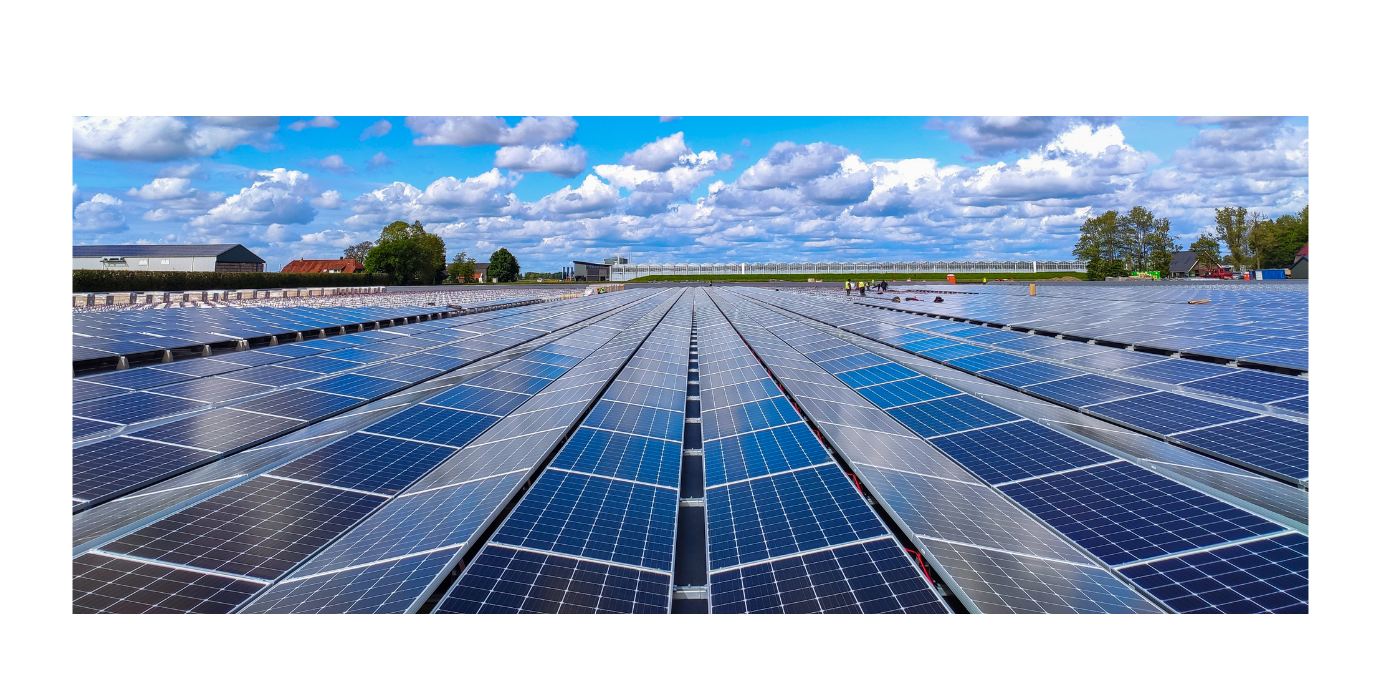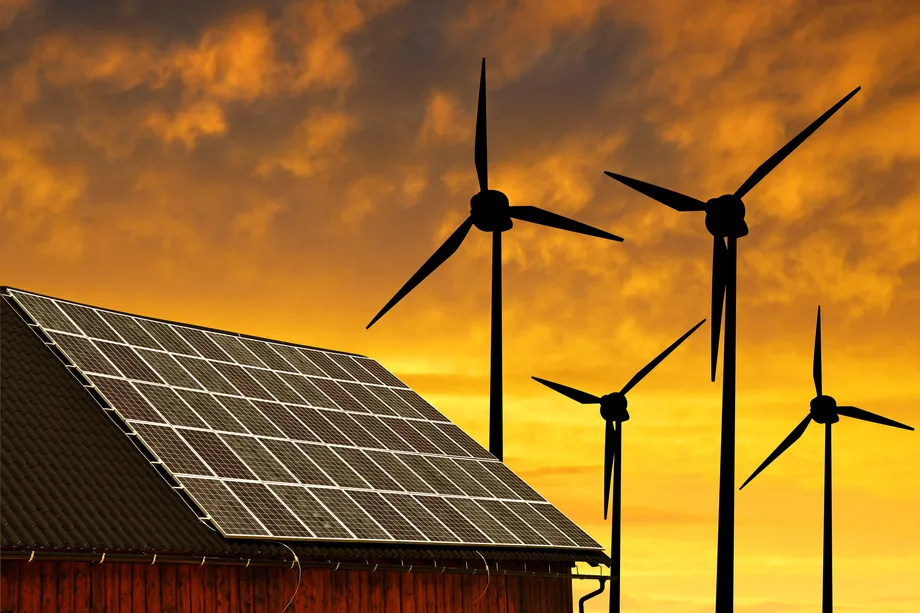As the world increasingly embraces renewable energy sources, solar power has become a cornerstone of the global energy transition. However, with the rise in solar panel installations comes a pressing need for sustainable disposal and recycling methods. This blog post explores the importance of eco-friendly solar panel recycling, detailing the processes involved, the benefits, challenges, and the future outlook for 2024 and beyond.

The Importance of Eco-Friendly Solar Panel Recycling
Solar panels have a typical lifespan of 25 to 30 years. As the early generations of solar panels reach the end of their operational lives, the need for effective recycling solutions becomes urgent. Without proper recycling, obsolete solar panels could contribute significantly to landfill waste, posing environmental hazards due to the toxic materials they contain. Eco-friendly solar panel recycling addresses this issue by ensuring that valuable and hazardous materials are safely recovered and reused.
How Eco-Friendly Solar Panel Recycling Works
Eco-friendly solar panel recycling involves several critical steps to ensure the safe and efficient recovery of materials from old or damaged panels. The process typically includes:
- Collection and Transportation: Used solar panels are collected from various sources and transported to recycling facilities.
- Disassembly: At the recycling facility, panels are disassembled to separate different components such as glass, metal framing, and photovoltaic cells.
- Material Recovery: Advanced techniques are used to extract valuable materials like silicon, silver, and aluminum from the separated components.
- Recycling and Reuse: The recovered materials are then processed and reused in manufacturing new solar panels or other products, closing the loop in the supply chain.
Benefits of Eco-Friendly Solar Panel Recycling
Implementing eco-friendly solar panel recycling yields numerous benefits, making it a crucial part of sustainable energy practices.
Environmental Protection
Recycling solar panels prevents harmful substances, such as cadmium and lead, from leaching into the soil and water, reducing the risk of environmental contamination. By diverting panels from landfills, recycling mitigates the ecological footprint of solar energy systems.
Resource Conservation
Solar panels contain precious materials that require significant energy and resources to mine and process. Eco-friendly solar panel recycling recovers these materials, reducing the need for virgin resource extraction and conserving natural resources.
Economic Opportunities
The recycling industry can create jobs and drive economic growth. Developing efficient recycling technologies and infrastructure presents opportunities for new business ventures and market expansion, contributing to a sustainable economy.

Challenges in Eco-Friendly Solar Panel Recycling
Despite its advantages, eco-friendly solar panel recycling faces several challenges that need to be addressed to optimize its effectiveness.
Technological Hurdles
Recycling solar panels is a complex process that requires sophisticated technology to separate and recover materials efficiently. Ongoing research and development are essential to improve the cost-effectiveness and efficiency of recycling methods.
Regulatory Frameworks
The lack of standardized regulations and guidelines for solar panel recycling can hinder the industry’s growth. Governments need to establish clear policies and provide incentives to promote eco-friendly solar panel recycling practices.
Public Awareness
Raising awareness about the importance and benefits of recycling solar panels is crucial. Many consumers and businesses are still unaware of the environmental impact of improper disposal and the advantages of recycling. Educational initiatives can help increase participation in recycling programs.
The Future of Eco-Friendly Solar Panel Recycling
Looking ahead, the future of eco-friendly solar panel recycling appears promising. Technological advancements are expected to make the recycling process more efficient and cost-effective. As governments and industries recognize the importance of sustainable disposal methods, stronger regulatory frameworks and incentives will likely emerge.
Additionally, growing environmental awareness among consumers is expected to drive demand for recycled solar panels and other eco-friendly products. As the solar industry continues to expand, the opportunities for recycling and reusing valuable materials will also grow, supporting a more sustainable and circular economy.

Conclusion
In conclusion, eco-friendly solar panel recycling is a vital component of a sustainable future. As the adoption of solar energy systems increases, the need for effective recycling solutions becomes more critical. By addressing technological challenges, improving regulatory frameworks, and raising public awareness, we can ensure responsible disposal and recycling of solar panels. Embracing eco-friendly solar panel recycling not only protects the environment but also conserves resources and creates economic opportunities. As we move forward, sustainable solutions like these will be essential in achieving a greener and more sustainable world.







